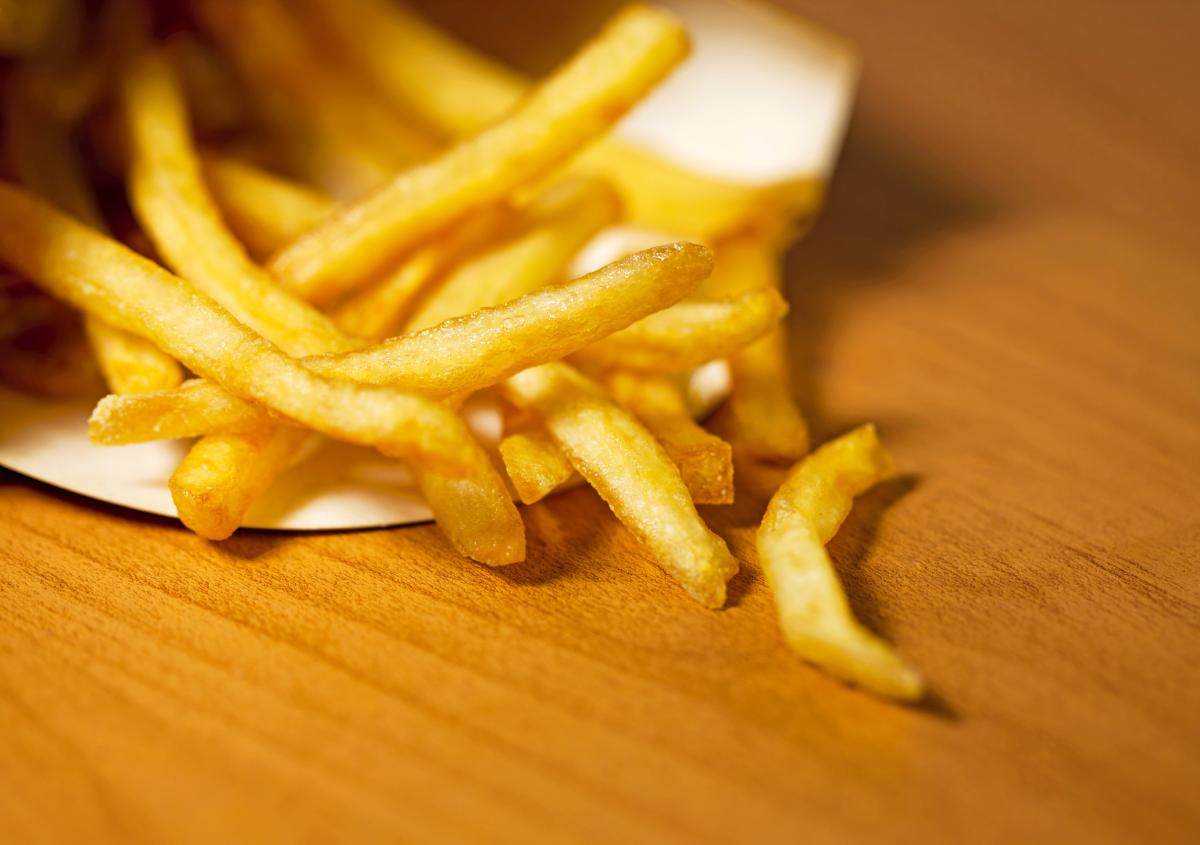The World Health Organisation has called for the removal of industrially-produced trans-fatty acids from the global food supply by 2023. WHO estimates that more than 500,000 lives are lost every year to cardiovascular diseases as a result of trans fat intake.
The agency introduced REPLACE, a six-step strategy to guide governments in achieving the plan:
REview dietary sources of industrially-produced trans fats and the landscape for required policy change.
Promote the replacement of industrially-produced trans fats with healthier fats and oils.
Legislate or enact regulatory actions to eliminate industrially-produced trans fats.
Assess and monitor trans fats content in the food supply and changes in trans fat consumption in the population.
Create awareness of the negative health impact of trans fats among policy makers, producers, suppliers, and the public.
Enforce compliance of policies and regulations.

Industrially-produced trans fats or partially hydrogenated oils are often used to prolong shelf life of fried foods, snackfoods and baked goods
Several high-income countries have banned industrially-produced trans fats through legally imposed limits on the amount that can be contained in packaged food. Some governments have implemented nationwide bans on partially hydrogenated oils, the main source of industrially-produced trans fats.
Denmark, the first country to eliminate trans fats from food, has reported lower incidences of mortality due to heart disease. The same has been reported in New York City when then Mayor Michael Bloomberg banned trans fats over a decade ago.
But low- and middle-income countries have yet to step up their controls of use of industrially-produced trans fats.
Trans fats are found in natural sources (in the dairy products and meat of ruminants such as cows and sheep) and industrially-produced sources (partially hydrogenated oils).
Industrially-produced trans fats are contained in hardened vegetable fats, such as margarine and ghee, and are often present in snack food, baked foods, and fried foods. Manufacturers often use them as they have a longer shelf life than other fats. But healthier alternatives can be used that would not affect taste or cost of food. Read the WHO report.
Related report
Wanted: An all round fat replacer
Nike














